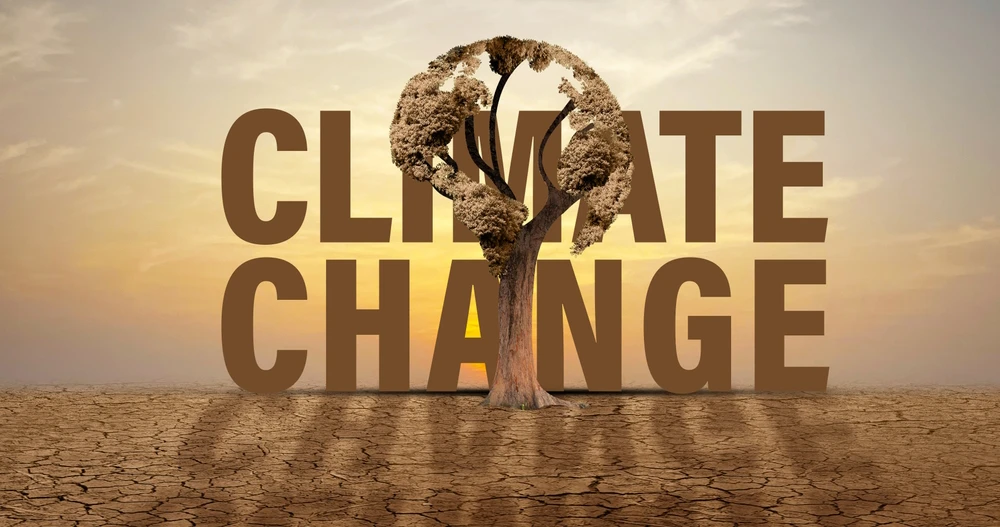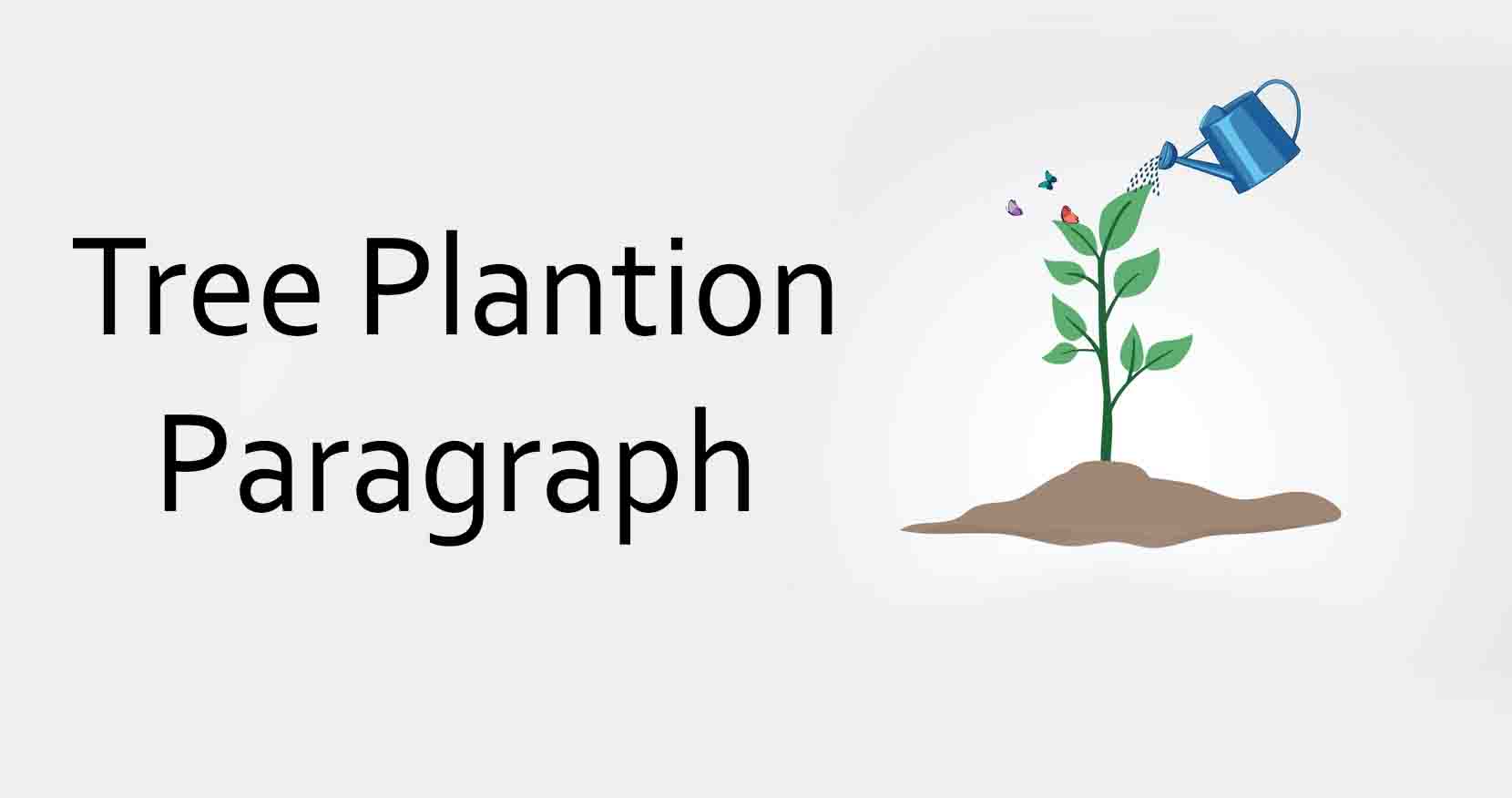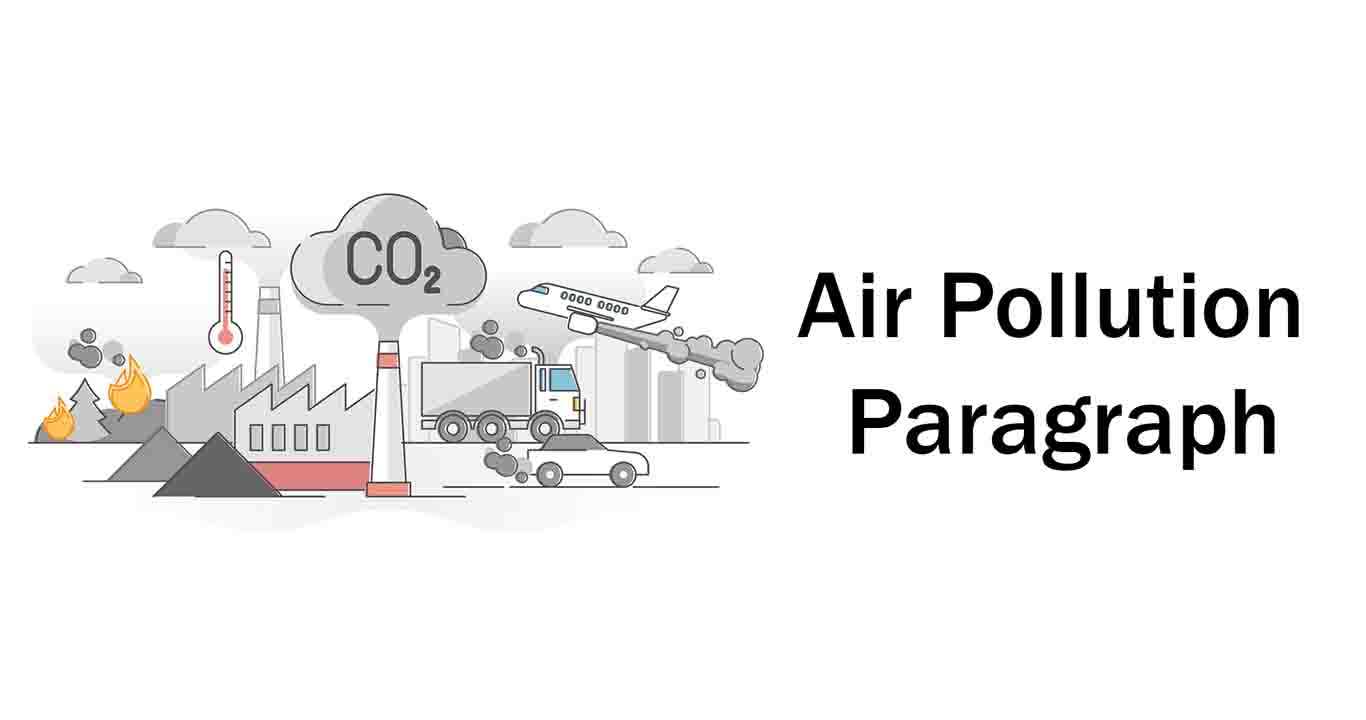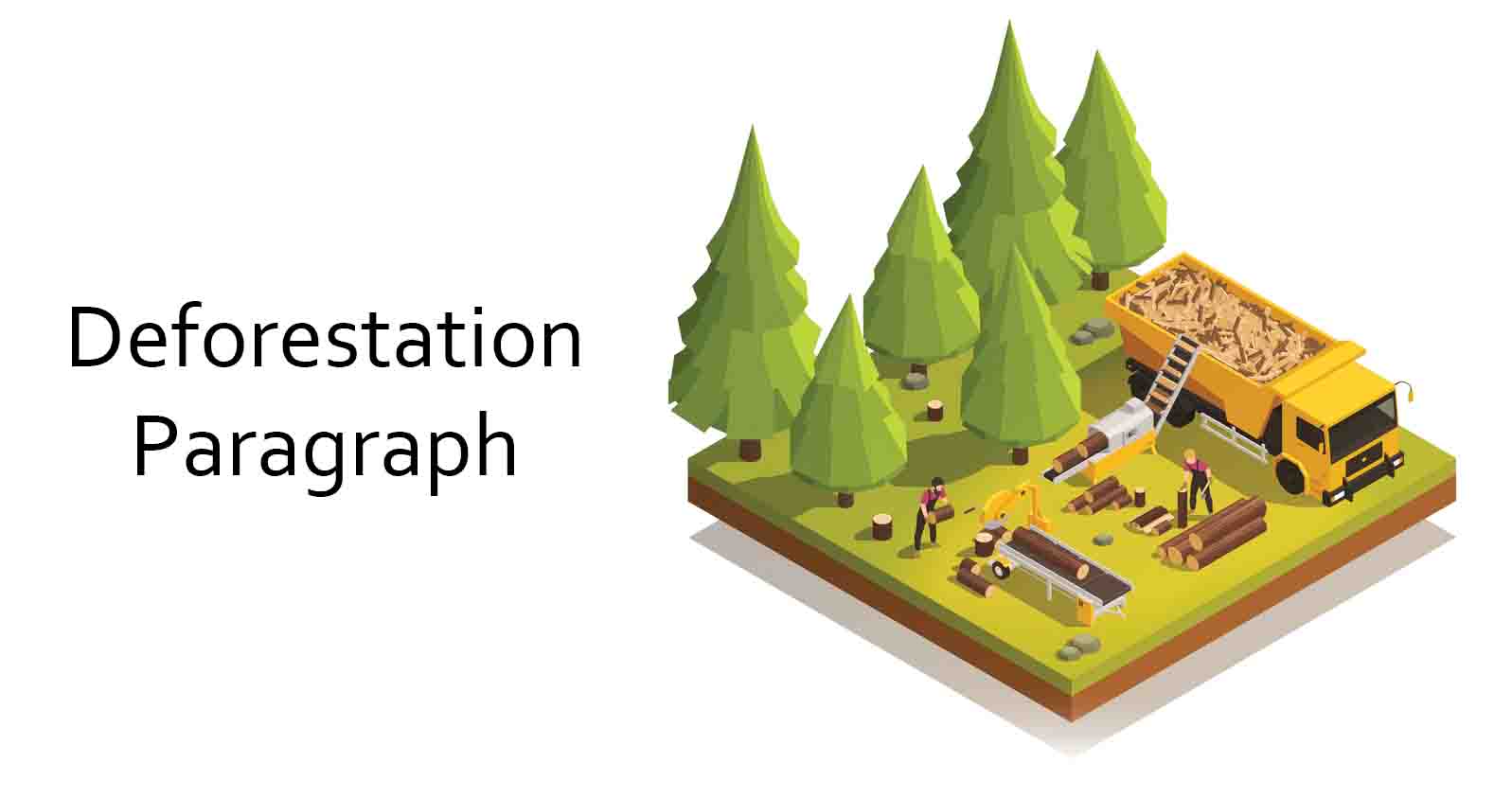The Importance of Addressing Climate Change Paragraph in 200, 300 and 500 Words

Addressing climate change is crucial for protecting our planet’s ecosystems, human health, and economies. The increasing frequency of extreme weather events, rising sea levels, and shifting climate patterns threaten food security, biodiversity, and public health. Without action, the economic costs will soar, and millions of people may be displaced. However, by reducing greenhouse gas emissions, transitioning to renewable energy, and adopting sustainable practices, we can mitigate these impacts, protect future generations, and create opportunities for innovation, job creation, and a healthier planet. Taking action now is essential to securing a more stable and equitable world.
The importance of addressing climate change Paragraph in 200 words
Addressing climate change is essential for preserving our planet’s ecosystems, human health, and global economies. The Earth’s rising temperatures, driven by greenhouse gas emissions, are causing more frequent and severe natural disasters, such as wildfires, hurricanes, and floods. These events threaten lives, displace communities, and strain resources.
Climate change also impacts agriculture, leading to food insecurity due to altered growing seasons and extreme weather conditions. Biodiversity is at risk, as many species struggle to adapt to rapidly changing environments, which can lead to ecosystem collapse. Moreover, public health is threatened by the spread of diseases, heat waves, and poor air quality.
Economic impacts are profound, with trillions of dollars at stake due to property damage, lost productivity, and increased healthcare costs. Addressing climate change requires global cooperation to reduce carbon emissions, transition to renewable energy sources, and implement sustainable practices.
Mitigating its effects can lead to innovation, job creation, and a healthier planet. Without urgent action, the consequences will only intensify, making it harder and costlier to adapt. By addressing climate change now, we can protect future generations and ensure a more stable, prosperous world for all.
The importance of addressing climate change paragraph in 300 words
Addressing climate change is critical for safeguarding the planet’s ecosystems, economies, and the well-being of current and future generations. The rise in global temperatures, caused primarily by human activities like burning fossil fuels and deforestation, has far-reaching consequences. Extreme weather events, such as hurricanes, floods, and wildfires, are becoming more frequent and severe, leading to widespread damage, displacement of communities, and loss of lives.
Agriculture, a cornerstone of global food security, is heavily impacted by shifting climate patterns. Droughts, erratic rainfall, and changing growing seasons are reducing crop yields, threatening food supplies, and increasing the risk of hunger and malnutrition, especially in vulnerable regions. Additionally, rising sea levels threaten coastal cities and small island nations, while biodiversity is under pressure as species struggle to adapt to the rapidly changing climate. The loss of biodiversity not only affects ecosystems but also the services they provide, such as pollination, water filtration, and carbon sequestration.
Climate change also has profound public health implications. Warmer temperatures and altered weather patterns contribute to the spread of diseases like malaria and dengue fever, while air pollution from fossil fuel combustion worsens respiratory conditions. Heatwaves, another consequence of climate change, are becoming deadlier, particularly for the elderly and vulnerable populations.
The economic toll of climate change is immense. Natural disasters, loss of agricultural productivity, and health crises could cost trillions of dollars globally. However, addressing climate change offers significant opportunities. Transitioning to renewable energy, improving energy efficiency, and adopting sustainable practices can drive innovation, create jobs, and reduce reliance on finite resources.
Addressing climate change is not only an environmental imperative but also a social, economic, and moral responsibility. By taking action now, we can mitigate its worst effects, protect the planet’s biodiversity, and create a more resilient and equitable future.
The importance of addressing climate change paragraph in 500 words
Addressing climate change is one of the most pressing global challenges of our time. As the Earth’s climate continues to warm due to human activities, the impacts on ecosystems, economies, and human health are becoming increasingly severe. The primary cause of climate change is the accumulation of greenhouse gases—especially carbon dioxide (CO2), methane (CH4), and nitrous oxide (N2O)—in the atmosphere, primarily from burning fossil fuels, deforestation, industrial activities, and agricultural practices. Tackling this problem is critical not only for environmental sustainability but also for economic stability and human well-being.
One of the most visible impacts of climate change is the increased frequency and intensity of extreme weather events. Heatwaves, floods, hurricanes, and wildfires are becoming more common, causing widespread destruction and loss of life. These events strain emergency services, lead to massive property damage, and displace millions of people, creating climate refugees. Coastal regions are particularly vulnerable due to rising sea levels, which threaten to submerge entire cities and small island nations. Without significant action, some estimates suggest that hundreds of millions of people could be displaced by 2050 due to the impacts of climate change.
Agriculture, a key driver of food security, is also at risk. Changing weather patterns, prolonged droughts, and unpredictable rainfall affect crop yields, threatening the global food supply. This is especially concerning for regions that are already food-insecure, such as parts of Sub-Saharan Africa and South Asia. Food shortages can lead to higher prices, political instability, and social unrest. Additionally, livestock and fisheries are threatened by changing ecosystems, which disrupt traditional livelihoods and economies, particularly in developing countries.
Biodiversity is another critical area impacted by climate change. Many species are struggling to adapt to shifting temperatures and ecosystems, leading to widespread habitat loss and, in some cases, extinction. Coral reefs, which are vital to marine biodiversity and coastal protection, are bleaching at an alarming rate due to warming ocean temperatures. The loss of biodiversity not only threatens the stability of ecosystems but also diminishes the ecosystem services that humans rely on, such as pollination, water purification, and carbon sequestration. These services are critical to both environmental health and the global economy.
Public health is also at risk. Rising temperatures contribute to the spread of vector-borne diseases such as malaria, dengue fever, and Lyme disease. Air quality deteriorates due to increased emissions from fossil fuel combustion, leading to respiratory issues and cardiovascular diseases. Additionally, heatwaves pose a direct threat to vulnerable populations, such as the elderly and those with pre-existing health conditions. The World Health Organization (WHO) estimates that climate change could cause an additional 250,000 deaths per year between 2030 and 2050 due to malnutrition, malaria, diarrhea, and heat stress.
Economically, the costs of inaction are staggering. Climate-related disasters, loss of productivity, healthcare costs, and damage to infrastructure could result in trillions of dollars in economic losses globally. However, addressing climate change offers significant opportunities. Transitioning to renewable energy sources like wind, solar, and hydropower can reduce greenhouse gas emissions, lower energy costs, and create millions of jobs. Investments in energy efficiency, sustainable agriculture, and green technologies can also stimulate economic growth while reducing environmental harm.
In conclusion, addressing climate change is not just an environmental issue; it is a social, economic, and moral imperative. By taking immediate and sustained action to reduce greenhouse gas emissions, transition to renewable energy, and adopt sustainable practices, we can mitigate the worst impacts of climate change. This will help protect ecosystems, ensure food and water security, safeguard human health, and foster economic resilience, ensuring a more stable and prosperous future for all.









